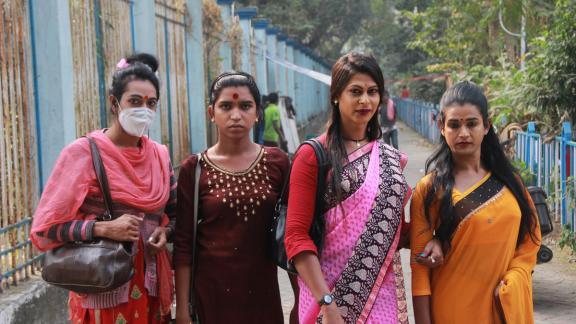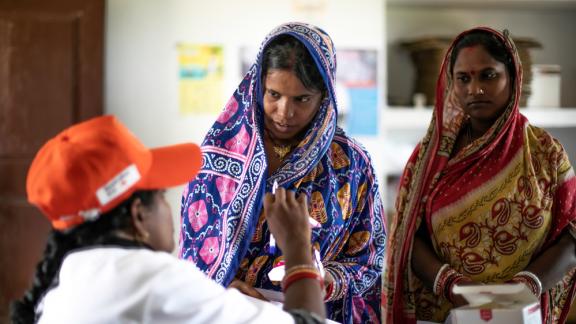As a global human rights federation, the protection and advancement of rights for LGBTI+ people is a top priority for IPPF.
People with diverse sexual orientation, gender identity and/or expression, and sex characteristics (SOGIESC) – including lesbian, gay, bisexual, trans, and intersex (LGBTI) people, and others who do not conform to the sexual and gender norms of society – often face violence and discrimination in its many forms.
During the Nairobi Summit in November 2019, for the first time IPPF included work for sexual and gender diverse people in the commitments made. The present state of human rights for sexual and gender diverse people varies dramatically from region to region and country to country, and so we wanted to highlight the laws, perceptions and challenges surrounding these communities across the globe.
SOUTH ASIA REGION
SRI LANKA
Sri Lanka is one of the 71 countries in the world that has laws that criminalizes consensual same-sex acts. This year, for the first time, a head of state acknowledged the rights of LGBTI+ citizens in a Zero Discrimination Day tweet. The public statement has opened up a much-needed conversation on sexual and gender diversity in Sri Lanka, particularly regarding the government’s obligation to ensure that lesbian, gay, bisexual and trans people are not discriminated against in law or practice. The UN Committee on the Elimination of Discrimination Against Women (CEDAW) will also examine the criminalisation of lesbian and bisexual women in Sri Lanka, although a final ruling might not come through until 2022.
On a positive note, Sri Lanka has introduced the Gender Recognition Certificate to the transgender communities. In support of this the IPPF member association FPASL, produced a film, Breaking out from the shadows, to highlight the issues of public administration towards the LGBTI+ community and create awareness of the role of local authorities on their obligations to implement this right.
BHUTAN
In December 2020, Bhutan’s parliament approved a bill to decriminalize same-sex relationships, making country the latest Asian nation to take steps towards legalizing homosexuality. It was later approved by the King of Bhutan, and came into force on 17 February 2021.
INDIA
India’s Supreme Court scrapped a colonial-era law criminalising same-sex relations three years ago, but LGBTI+ people face widespread discrimination in the socially conservative country. Recently, an Indian court issued far-reaching guidelines in support of rights for LGBTI+ people – from prohibiting damaging attempts to 'medically cure' persons belonging to the community, to seeking changes in school and university curricula and recommending awareness programmes for judicial officers, police and prison officials.
The Indian southern state of Tamil Nadu is set to be the first state to ban 'conversion therapy', a widely available procedure that hospitals as well as religious institutions offer to change the sexual orientation of those not conforming to the sexual or gender norms of society.
when









